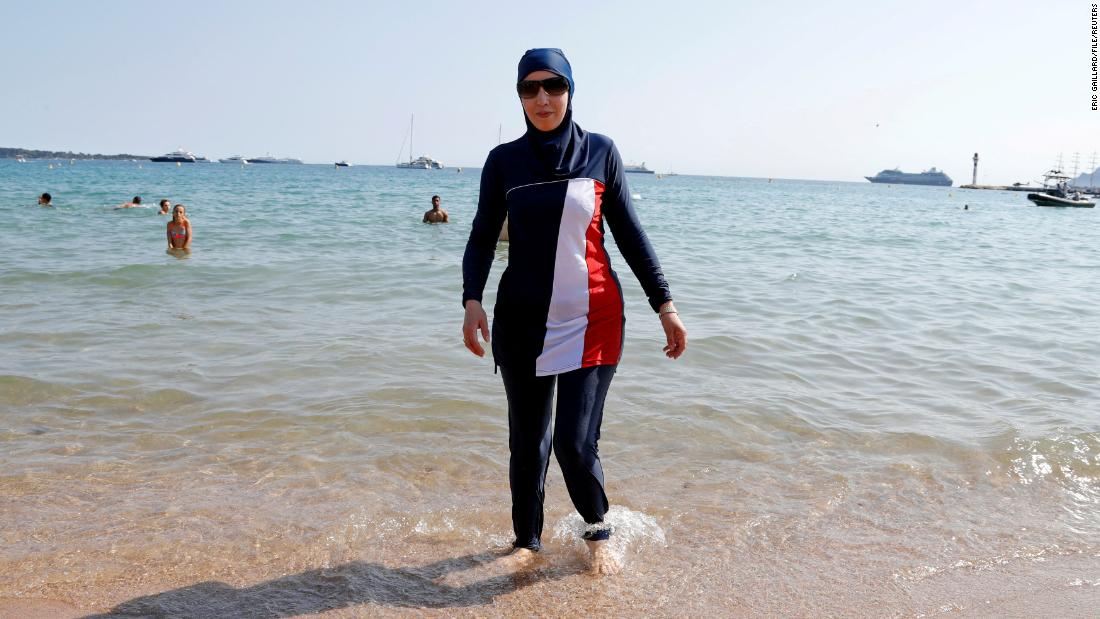
But later that month, the city’s administrative tribunal overruled the decision — a ruling upheld on Tuesday by France’s highest administrative court.
In its ruling, the French Council of State invoked principles of religious neutrality, concluding that permitting the “burkini” would undermine “the equal treatment of users, so that the neutrality of the public service is compromised.”
“Contrary to the claimed objective of the city of Grenoble,” the city’s initial decision to authorize the “burkini” aimed “only to satisfy a demand of a religious nature,” the court said.
It also said Grenoble’s decision would have allowed some bathers to contravene “hygiene and security rules.”
Religious neutrality is enshrined in modern French administrative principles, which were given a boost last year by a so-called “separatism law,” passed by Emmanuel Macron’s government.
The legislation, championed by right-leaning Interior Minister Gerald Darmanin, explicitly prohibits acts whose “manifest objective is to give in to sectarian demands with religious aims.”
Muslim women in France often have difficulty accessing public services due to strict limits on displays of religious conviction — one reason why such bans have been criticized by rights advocates, including the United Nations Human Rights Committee.

